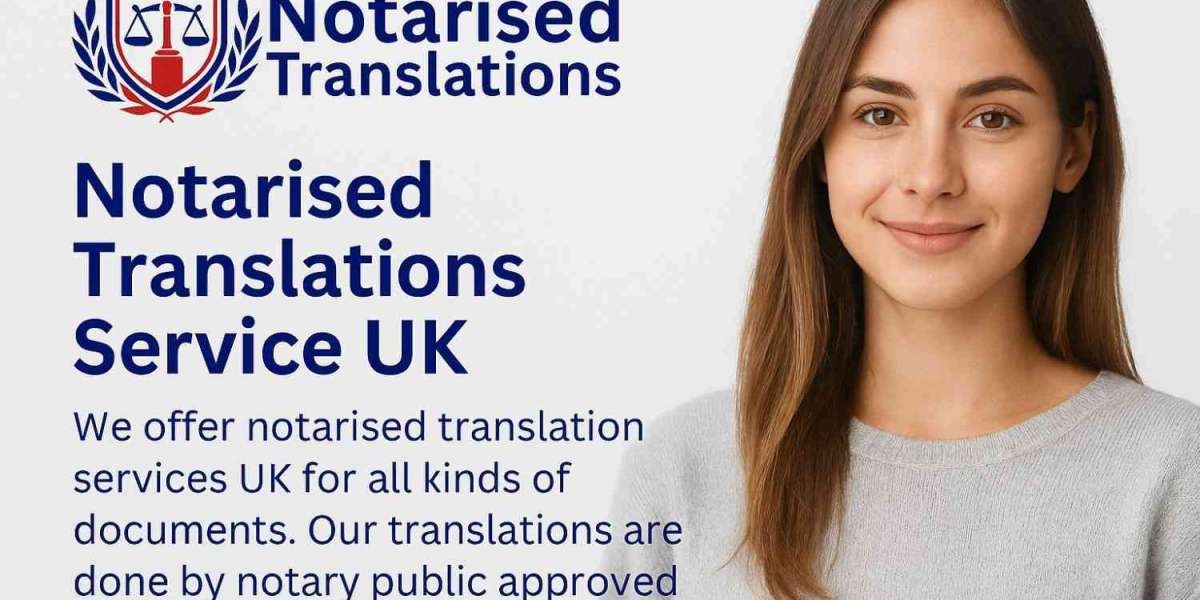Introduction
Sworn translation services are important in the globalized world where legal, academic, and professional documents, often have to transcend the language barrier. The procedure and the idea of sworn translations in the UK are a bit different than in the case of such countries as Spain, France, or Germany. It is necessary to learn how sworn translation in the UK operates in case you work with official papers. This guide tell you what sworn translation is and how it does work in the UK, who requires it, and how to get a quality service.
What Is a Sworn Translation?
A sworn translation is an officially certified translation of a document usually needed as legal, governmental, academic or official translation. Such translations should be accurate, true to the original and accepted in authority where one is submitting the document.
Essentially in most of the European nations, courts or governments appoint sworn translators and are mandated in law to make certified translations. These translators stamp the document or put the seal on it and certify the correctness and authenticity of the document.
Nonetheless, the UK is not the same jurisdiction with regard to the legal framework of sworn translations of some others.
Sworn Translation in the UK Context
There is no such setup in the UK unlike other countries in Europe such as Spain or Italy whereby translators are actually sworn before the court. Rather, certified, notarized, or legalized translations are used in the UK, which is subject to the final purpose of the document, into which it has been translated.
This is what it comes to:
1. Certified Translation
This is the most common form of “sworn” translation in the UK. A certified translation includes:
A translated version of the original document
A signed statement from the translator or translation company
Contact details of the translator or agency
A declaration that the translation is accurate and true to the original
Certified translations are often accepted by:
The Home Office
UK Visas and Immigration (UKVI)
Universities
Banks
Employers
2. Notarized Translation
If a document is required for use abroad or in court, it may need to be notarized. This means:
A qualified translator signs the translation in front of a Notary Public
The notary confirms the identity of the translator and affixes a notarial certificate
Note: The notary does not verify the accuracy of the translation, only the authenticity of the declaration.
3. Legalized (Apostilled) Translation
Some documents need to be recognized internationally, particularly in countries that are part of the Hague Apostille Convention. In such cases:
The document is first translated and notarized
Then, it’s sent to the Foreign, Commonwealth & Development Office (FCDO) to receive an Apostille stamp
This process confirms the document’s legal validity for use abroad.
Who Needs Sworn or Certified Translations?
Sworn or certified translations are often required in the following cases:
Immigration & Visa Applications: Birth certificates, marriage certificates, police records
University Admissions: Diplomas, transcripts, academic records
Legal Proceedings: Court rulings, contracts, affidavits
Business Transactions: Articles of incorporation, patents, financial statements
Medical Purposes: Medical reports, prescriptions, clinical studies
Choosing a Sworn Translation Provider in the UK
When selecting a sworn or certified translation service in the UK, it’s crucial to consider accuracy, legal compliance, and professionalism. Here are some key points to guide your choice:
1. Accreditation
Always work with a translator or agency affiliated with recognized professional bodies, such as:
CIOL (Chartered Institute of Linguists)
ITI (Institute of Translation and Interpreting)
ATC (Association of Translation Companies)
These affiliations assure you that the translator follows ethical and quality standards.
2. Experience and Specialization
Different documents require different expertise. Legal, medical, academic, and technical documents each demand deep understanding. Choose a provider with relevant experience in your document type and target country.
3. Confidentiality
Ensure the translator or agency has a strict confidentiality policy. Legal or personal documents often contain sensitive information.
4. Delivery Time
Ask about turnaround times. Certified translations typically take 1–3 business days, but urgent services may be available.
5. Cost
Prices vary based on language pair, word count, and type of certification required. On average:
Certified translation: £30–£80 per page
Notarized translation: £60–£120 extra (includes notary fee)
Apostille/legalization: £100–£200 (includes FCDO processing)
Always get a detailed quote upfront.
Common Languages for Sworn Translations in the UK
Due to high immigration and global business activity, the most requested languages for certified or sworn translations in the UK include:
Spanish
French
Italian
Arabic
Chinese (Mandarin)
Russian
Polish
Romanian
Portuguese
Urdu
If your language is less common, make sure your provider can source a certified translator with native-level fluency.
Digital vs. Hard Copy Translations
Most certified translations can be delivered digitally as scanned signed PDFs. However, for legal or governmental use, you may need a printed, signed, and stamped hard copy. Always check the document submission requirements of the authority you're dealing with.
Conclusion
Although the UK does not have a formal system of sworn translators as in the practice of some other countries, the practice of certified notarised and legalised translation in the UK is well established, well current and legally sound. Be it a visa application, a course in a UK university or a set of papers sent out of country, by taking the services of a reputable sworn translation service, you are assured that your papers are rightly prepared, efficiently dealt with and lawfully accepted.
To sleep soundly, sticking to translation experts who have qualified in acceptable UK institutions and worked in your particular area of expertise will be workable and desirable. It is not about the language, it is about exactness, legality, confidence.








